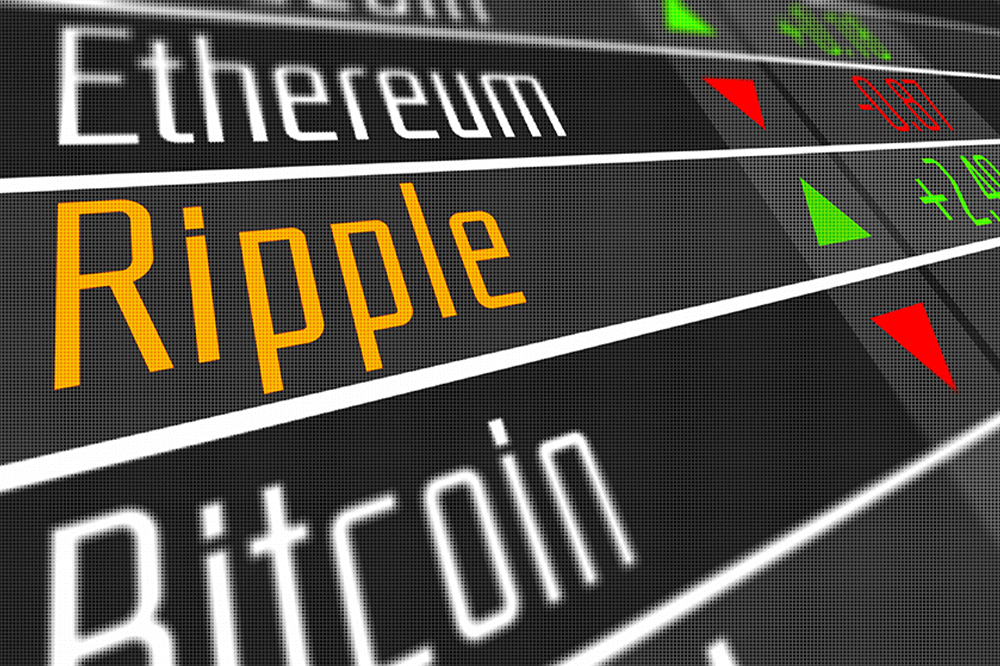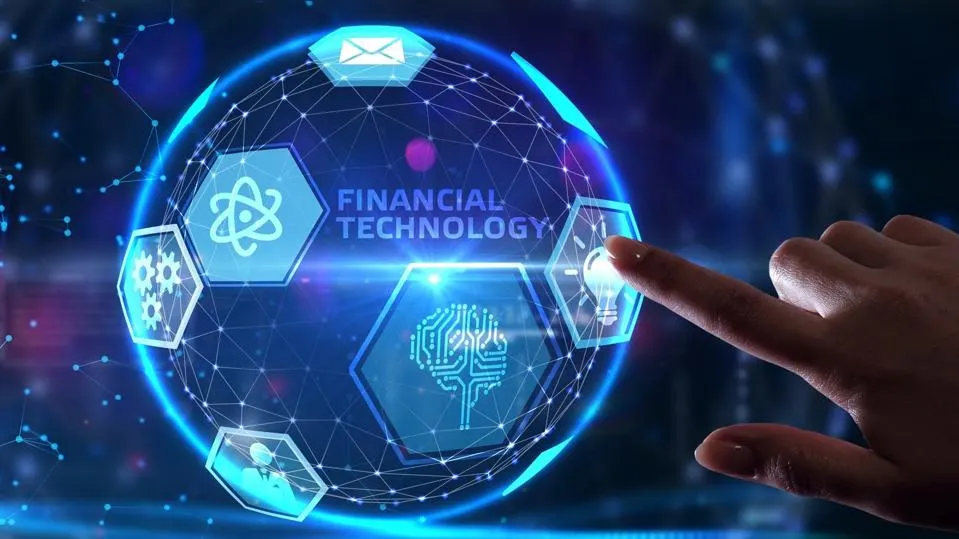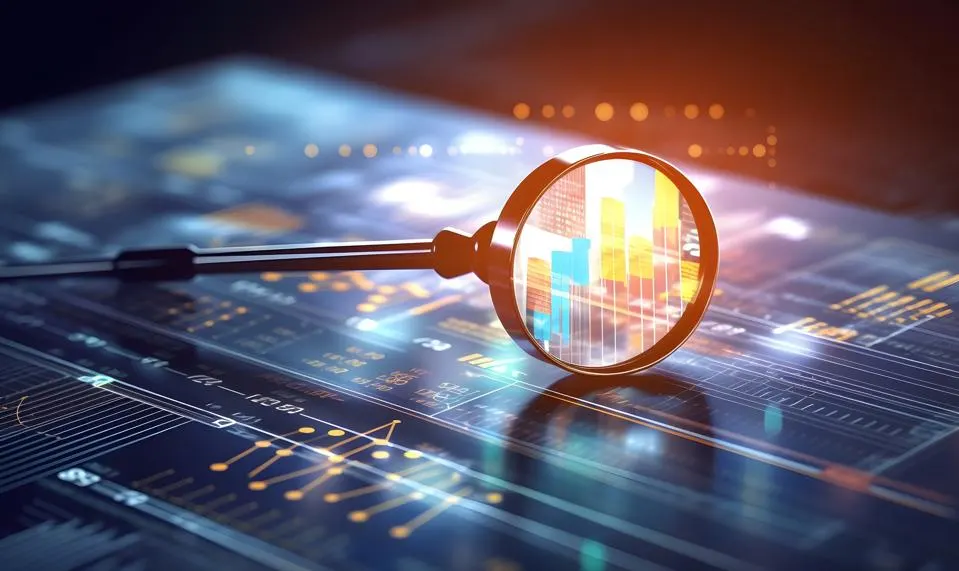What Is The Difference Between Bitcoin And Ripple?
2 July 2021
There is so much hype and confusion in the blockchain, distributed ledger and cryptocurrency world and one name that keeps increasignly coming up in that space is Ripple. I often get asked about the difference between Bitcoin (still the best known cryptocurrency based on blockchain) and Ripple. So in this post I try to explain what exactly Ripple is and what makes it different from Bitcoin.

Ripple v Bitcoin
While Bitcoin is a digital currency intended as a means of payment for goods and services, Ripple is a payment settling, currency exchange and remittance system intended for banks and payment networks. The idea is to provide a system for direct transfer of assets (e.g. money, gold, etc.) that settles in almost real-time, and is a cheaper, more transparent and secure alternative to transfer systems used by banks today, such as the SWIFT payment system.
Bitcoin is based on blockchain technology, while Ripple doesn’t use blockchain but uses a distributed consensus ledger using a network of validating servers and crypto tokens called XRP (sometimes referred to as Ripples).
XRP tokens
XRP – which is the actual cryptocurrency – is a token which is used on the Ripple network to facilitate transfers of money between different currencies. Existing settlement systems generally use US dollars as a common currency for converting between other currencies. This incurs currency exchange fees and takes time – which is why bank transfers between accounts in different countries often take up to three days to process.
By first converting the value of the transfer into XRP, rather than USD, exchange fees are eliminated and processing of payments is reduced to seconds.
Banks including Fidor Bank, Santander, the Commonwealth Bank of Australia and a consortium of 61 Japanese banks have all said that they are trialing or implementing applications utilising the Ripple Network payment system.
XRP is a token used for representing transfer of value across the Ripple Network. Different to bitcoin, where new coins are created (up the a capped level) as rewards for participants offering computing power to maintain the blockchain network, Ripple created 100 billion XRP coins at its inception.
Ripple recently added a new feature whereby, through a smart contract system (escrows), the company releases 1billion of its XRP holding to themselves each month to help fund business operations, incentivise customers, and sell to accredited investors. Any unused tokens will be placed back into escrow. According to internal sources, last month (which was the first month of escrow) Ripple only used approximately 100 million and put 900 million back into escrow.
Where can I spend Ripple’s XRP?
Ripple was never designed to be a currency or a method of payment. However, there is a small list of merchants which accept payment in XRP tokens online. For example, you can buy honey, hot sauces and jewellery. You can find a list of vendors that are supposedly willing to accept Ripple’s XRP, but things are changing constantly and some that are listed there do not or no longer accept it. The primary use case for XRP is intended to be for transfer of other currencies (or indeed commodities such as gold or oil) over the Ripple network.” Each time a money (or asset) transferring organisation such as a bank uses the network to conduct a transfer and settlement, the cost is deducted in a small amount of XRP. This is what gives XRP themselves their value – in some ways they can be considered “fuel” for the machines which conduct these transfers.
How can I invest in Ripple? And should I?
Ripple has certainly gained a lot of momentum and the list of organisations which are using it indicates that the tokens themselves will become valued commodities in their own right. In fact, last year, the increase in value of one XRP token outperformed Bitcoin or any other cryptocurrency. At the start of 2017 one XRP was valued $0.006. They peaked, at the start of this year, at £3.87, before quickly crashing down to their current value of around $1 per XRP.
XRP are traded on cryptocurrency exchanges such as Binance and Poloniex. Usually, it isn’t possible to buy them with existing government-issued (fiat) currencies – you will have to buy Bitcoin or Ethereum first, then transfer them to an exchange to trade them for XRP.
As to the question of “should you?” – well, as I am not a financial advisor I wouldn’t give investment advice but it is fair to say that the uptake of Ripple by major financial institutions is generally considered to be a strong indicator of XRP’s future value. However, before investing in any crypocurrency you should thoroughly research it first, and make up your own mind about whether or not it is likely to be a valuable asset in the future. As we have seen, the value of all cryptocurrencies is highly volatile, and can go down just as quickly as it goes up. A solid piece of advice is never to invest more than you can comfortably afford to lose.
Related Articles
The Biggest Fintech Trends In The Next 10 Years
If a week is a long time in politics, then ten years is an eternity in the world of technology.[...]
5 Generative AI Chatbots Everyone Should Know About
Generative AI chatbots have rapidly become indispensable tools across various industries, transforming the way we interact with technology.[...]
AI Revolutionizes Voice Interaction: The Dawn Of A New Era In Technology
It’s becoming increasingly common to find ourselves controlling and communicating with machines using our voices.[...]
7 Ways Marketers Should Be Using Generative AI Now
Marketing is all about engaging customers with compelling content – delivering thoughtful, inspiring messages that help to create a deeper relationship with the brand.[...]
The AI Revolution In Wine Fraud Detection
In an era where authenticity is as valuable as the vintage itself, the wine industry faces a pressing challenge: wine fraud.[...]
10 Mind-Blowing Generative AI Stats Everyone Should Know About
A little over a year ago, no one was talking about generative AI. Now, it’s the dominant topic of top-level events like CES and the World Economic Forum.[...]
Sign up to Stay in Touch!
Bernard Marr is a world-renowned futurist, influencer and thought leader in the fields of business and technology, with a passion for using technology for the good of humanity.
He is a best-selling author of over 20 books, writes a regular column for Forbes and advises and coaches many of the world’s best-known organisations.
He has a combined following of 4 million people across his social media channels and newsletters and was ranked by LinkedIn as one of the top 5 business influencers in the world.
Bernard’s latest book is ‘Generative AI in Practice’.










Social Media